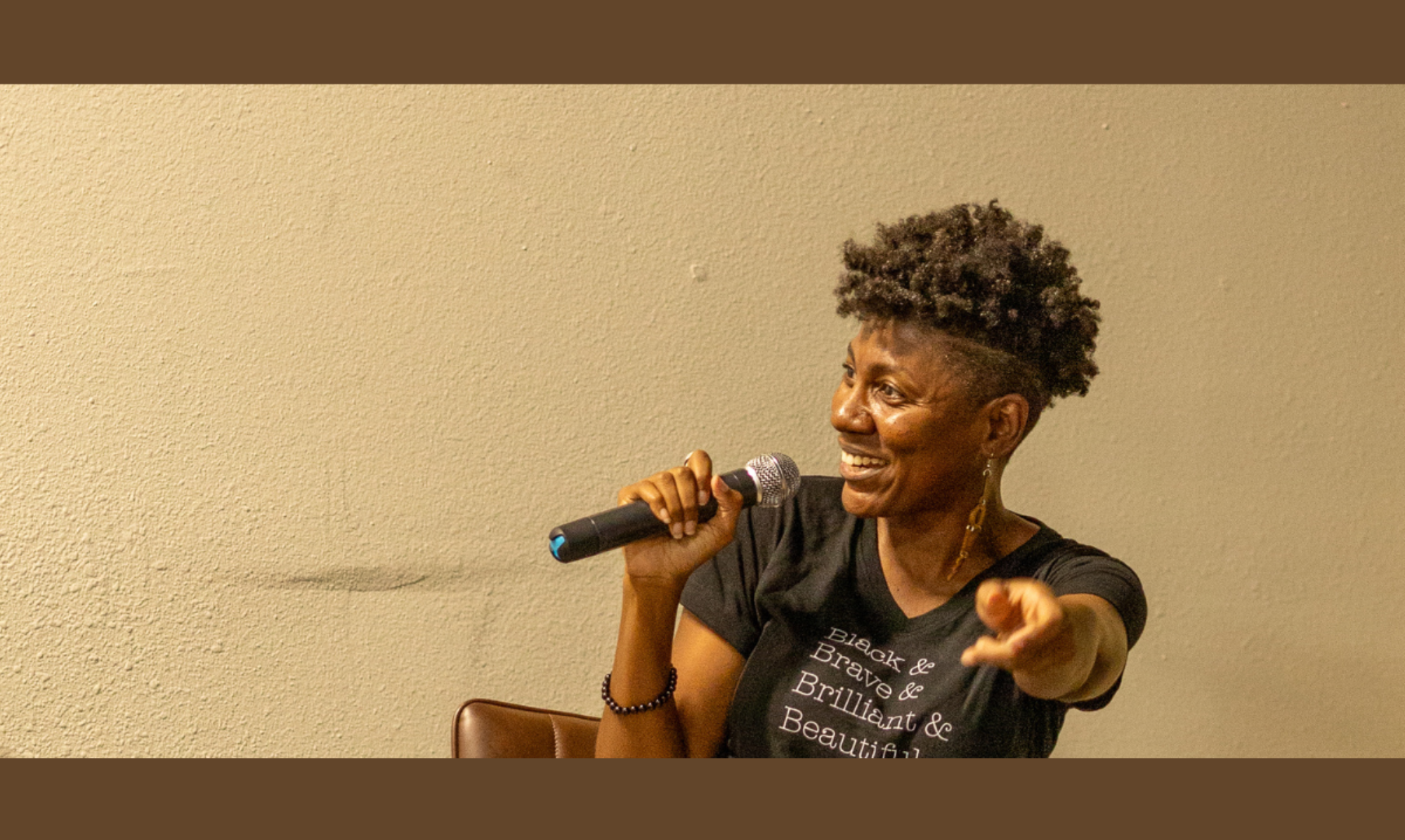Recent events have brought international attention to the crime of murdering innocent and unarmed Black people in the United States.
But what far too many people still choose to ignore is just how many of those Black people also happen to be dark-skinned, with full facial features, and afro hair textures.
What’s upsetting is that to the degree people say they care about ending unjust profiling (of all sorts, not just the kind that results in lost lives) they are actually sabotaging justice by refusing to seriously acknowledge and address the role of colorism.
Watch Live or Scroll to Keep Reading
Overt profiling, the kind that most often makes the news, involves actively doing things like calling security based on biased suspicion or outright denying service, for example. As I’ve explained before, these incidents are more likely to happen to people with darker skin tones because of the stronger associations with racial stereotypes.
Though racial and ethnic profiling have been discussed for decades, most people overlook the fact that we rely on skin tone, and other physical traits like hair, to assume race in the first place. Therefore, we severely miss the mark if we discuss racial profiling without the lens of colorism.
Racial profiling first requires the perception of race. Therefore, having a complexion, hair texture, and facial features strongly associated with the targeted group greatly increases the likelihood of racial profiling. (Learn more about this article)
Even though they don’t make breaking news, subtle microaggressions in customer service are probably more common than the more dramatic instances of racial profiling. Here are a few examples of how this plays out in customer service:
- not offering assistance when it’s standard to do so
- making a customer wait a longer time than usual
- not greeting a customer as they enter
- not saying thank you as the customer leaves
- following or covertly surveilling customers
- asking for more verification than what’s asked of others
- calling security because you think someone looks suspicious
This list is not even close to exhaustive. There are myriad statements, actions, inactions, etc. that could fall in this category.
If you’re interested in my speaking, training, or consulting services, please contact me here.
Homework: Insist on using a colorism framework when talking about and addressing profiling.
Affirmation: I am ready to stop sabotaging justice. I am ready to fully recognize and respond to the significance, the scope, and the stakes of colorism.

